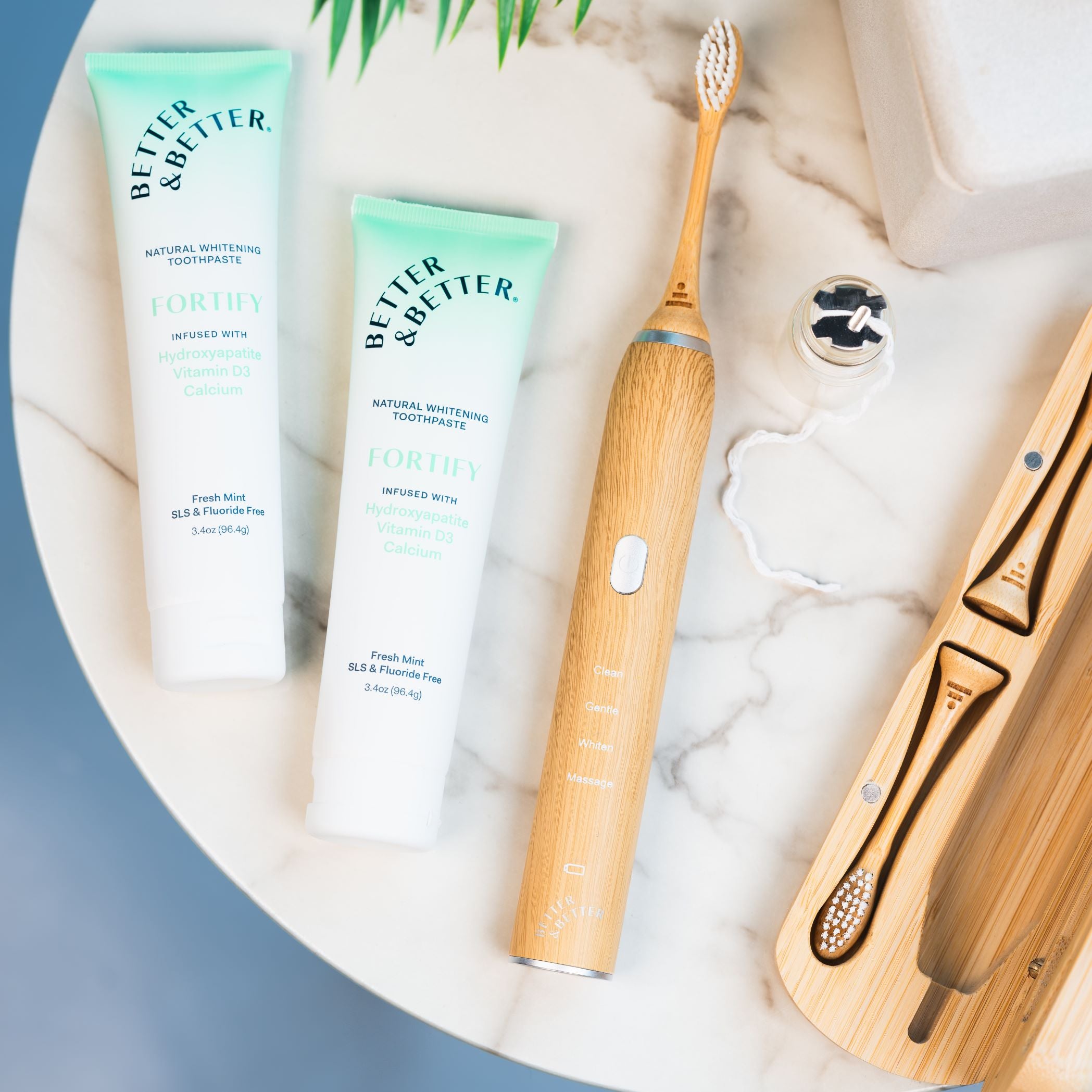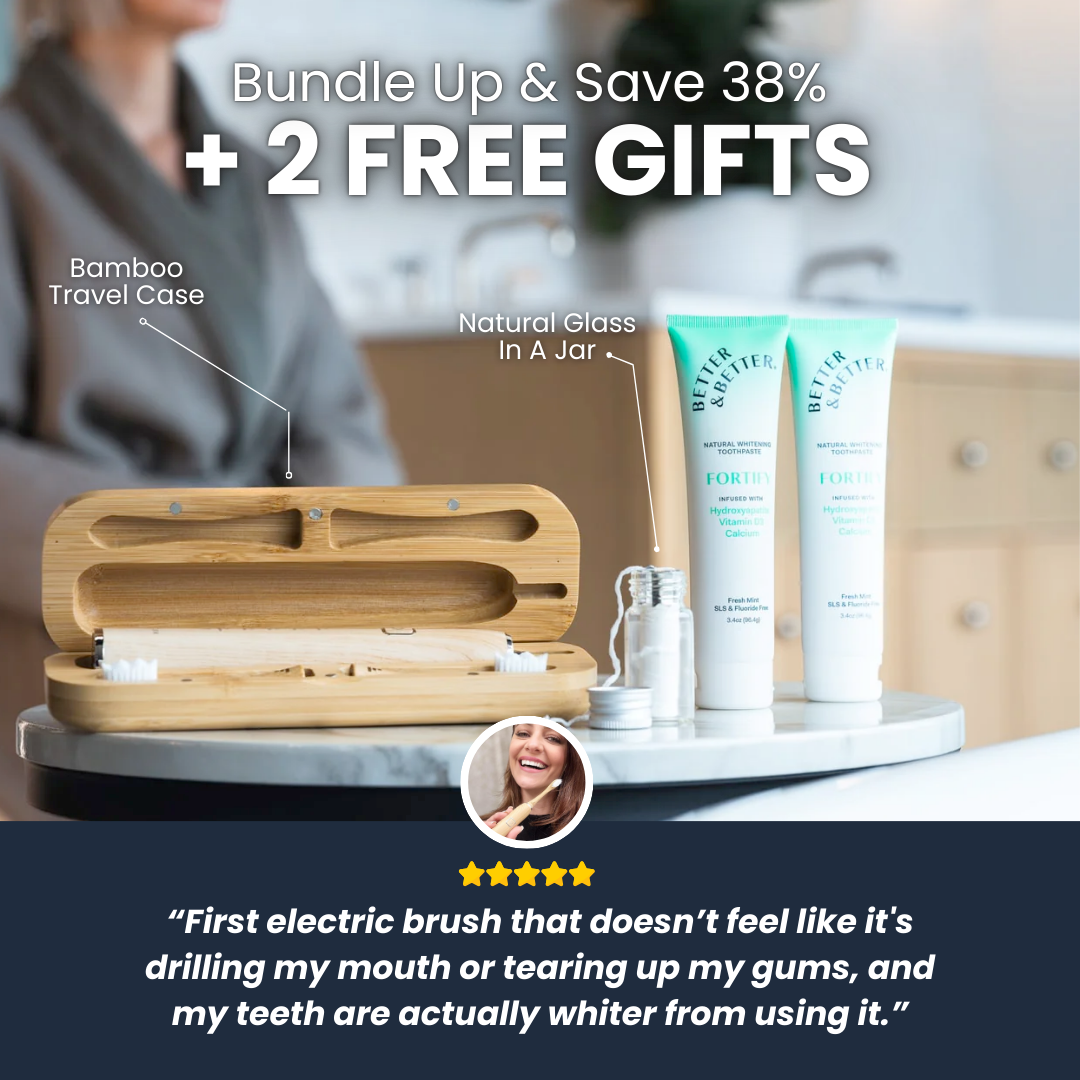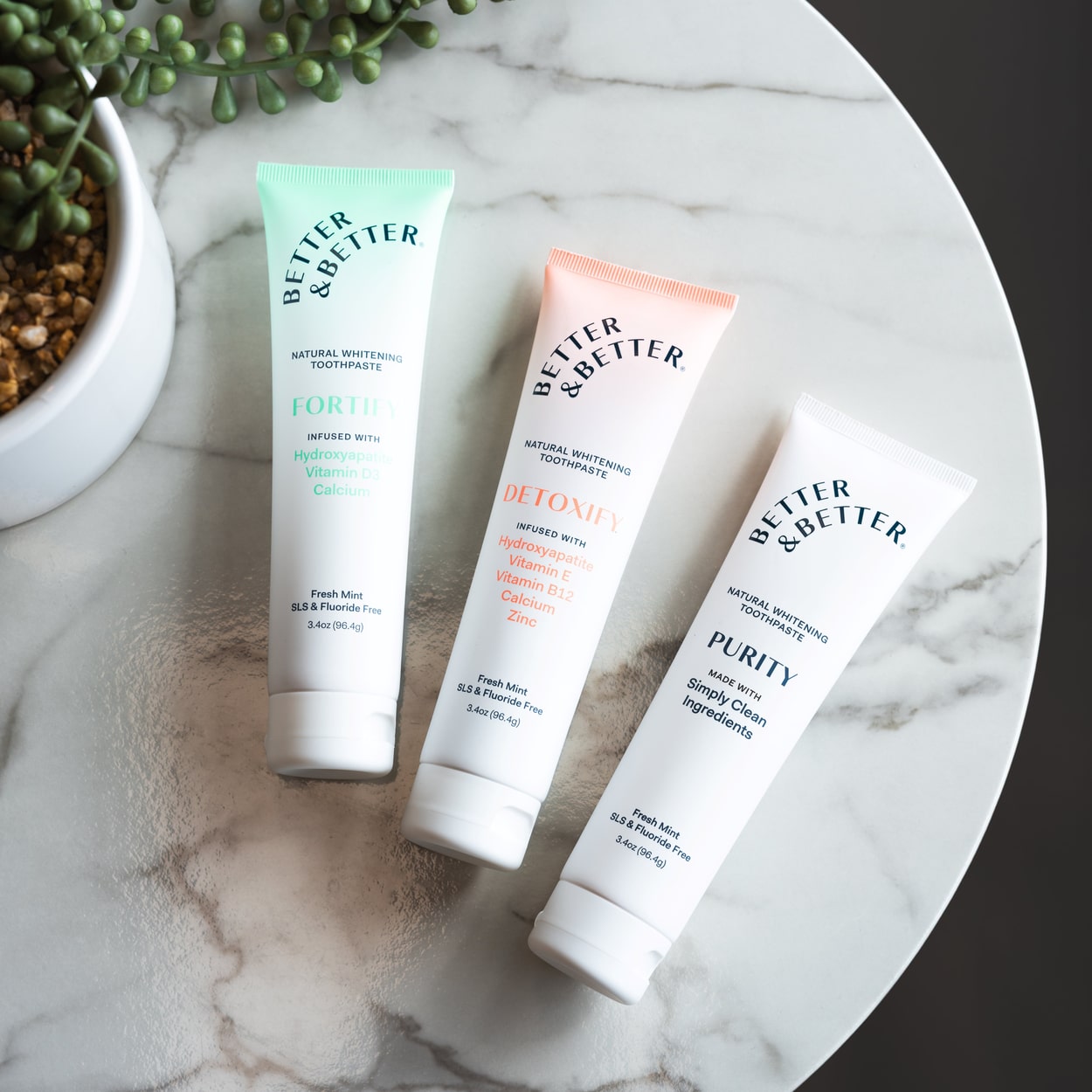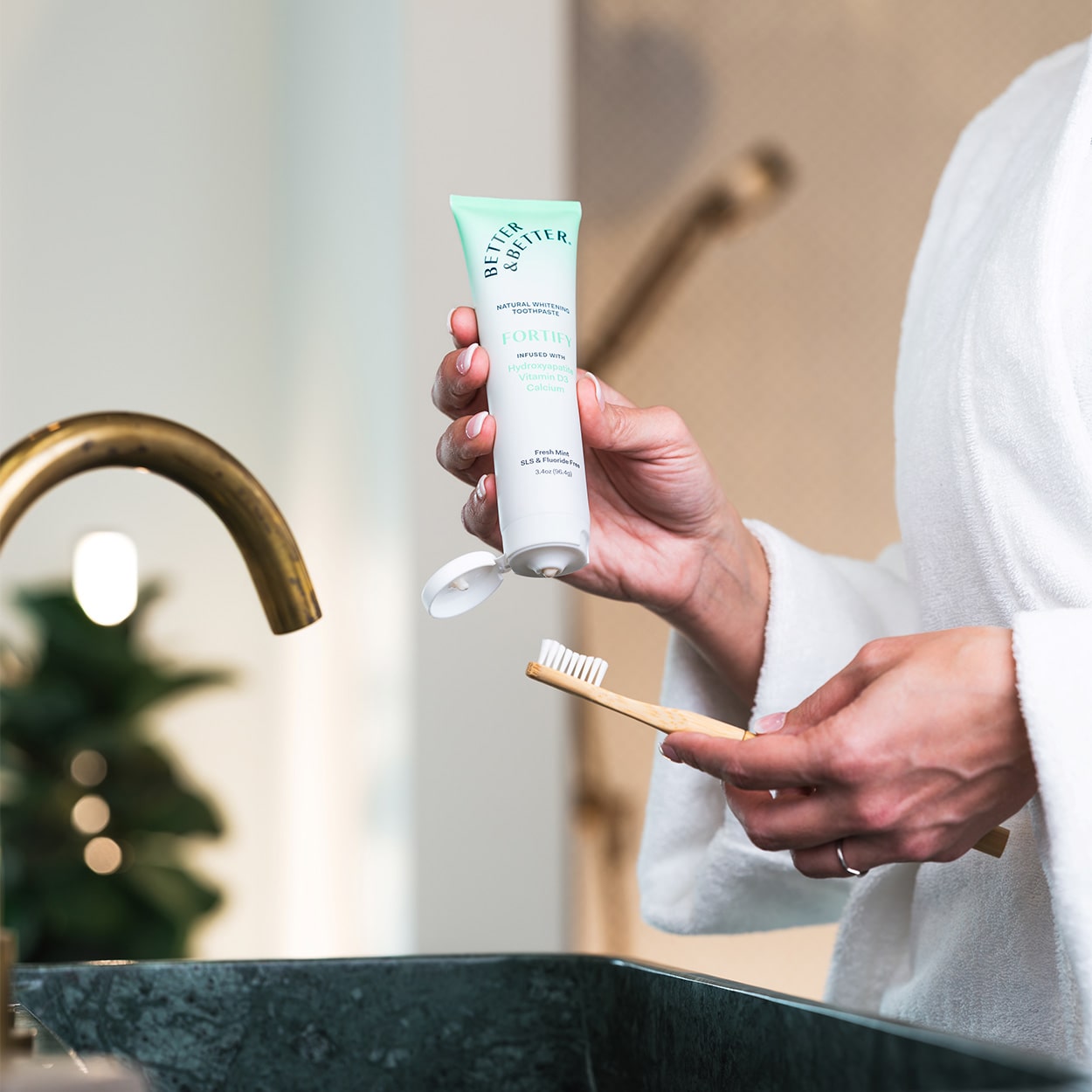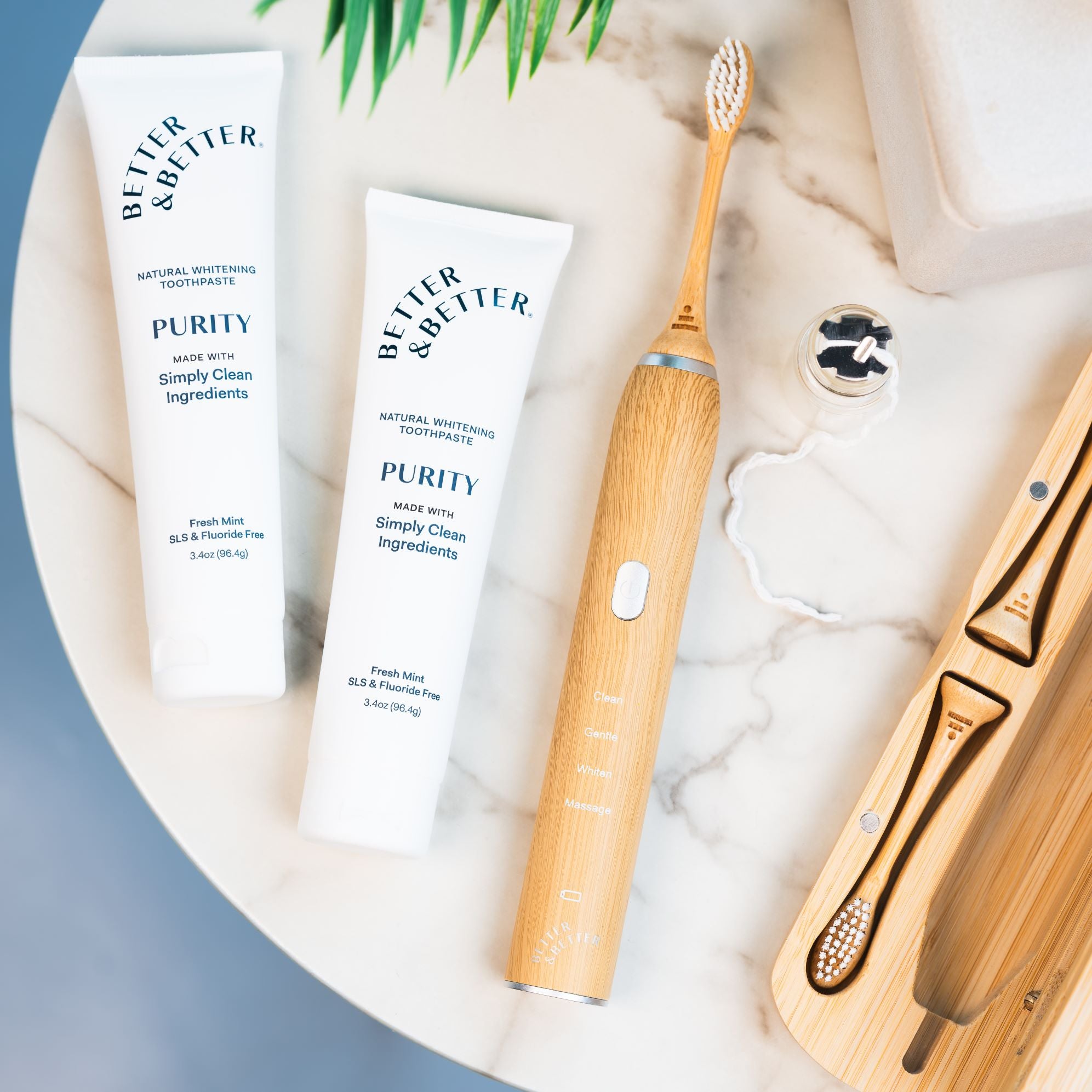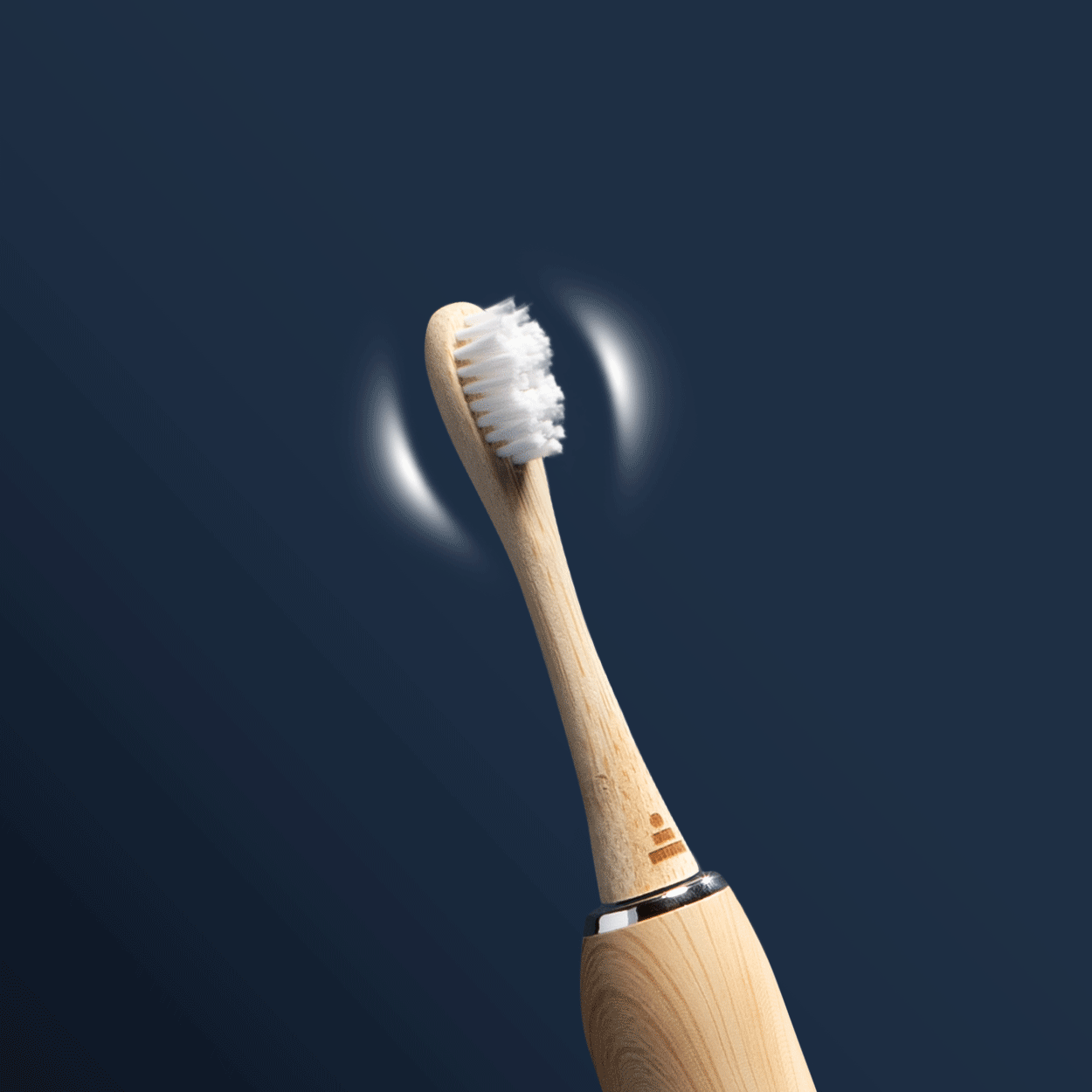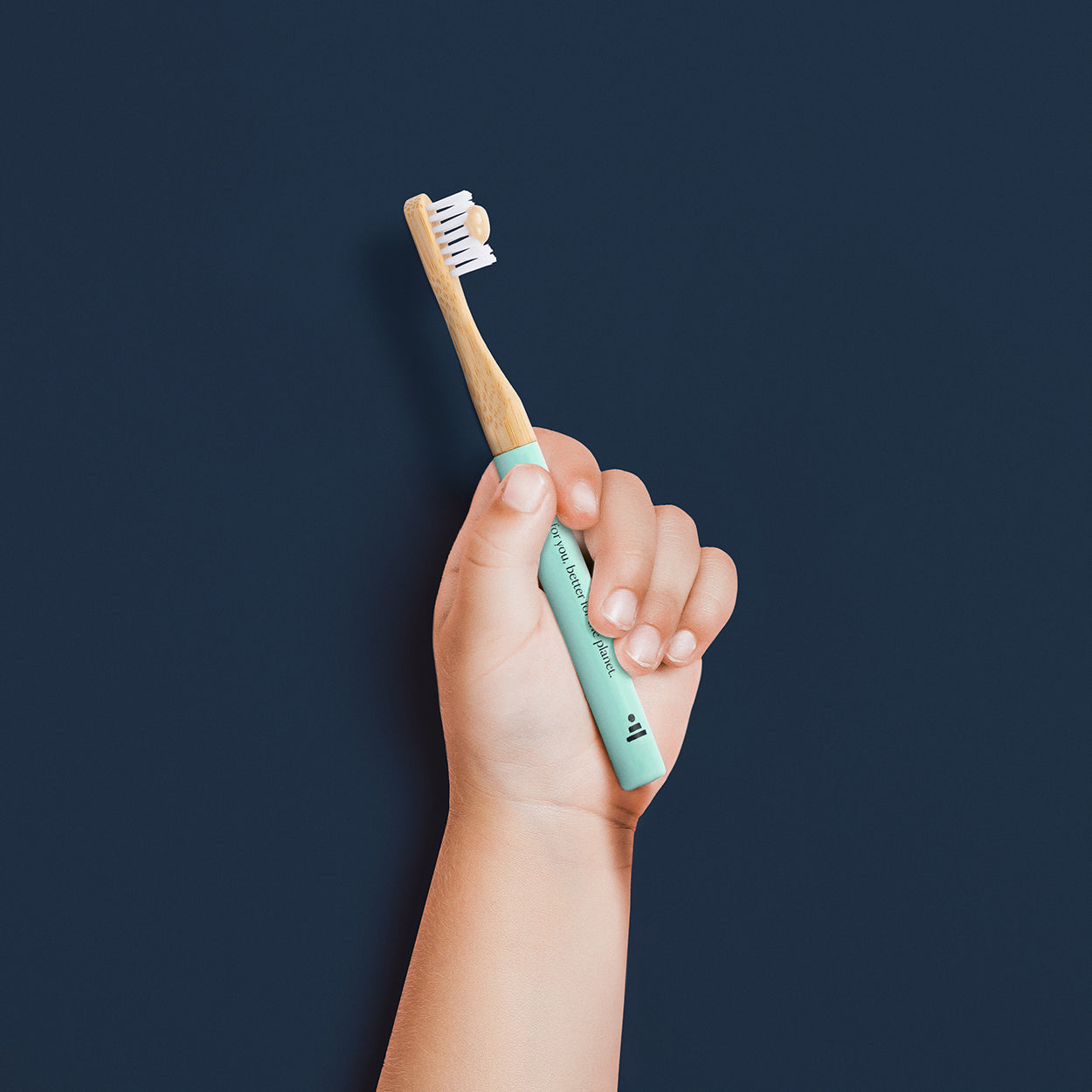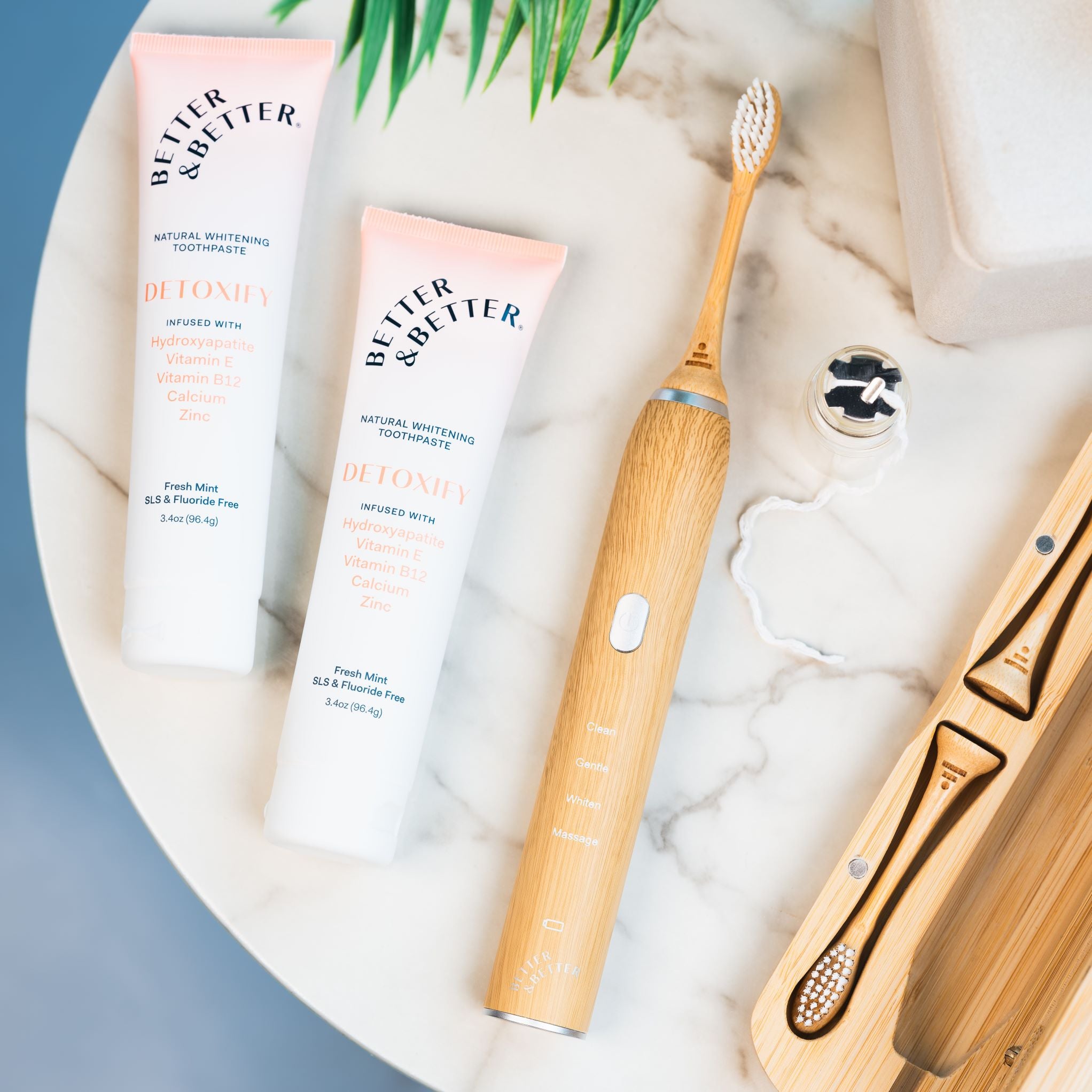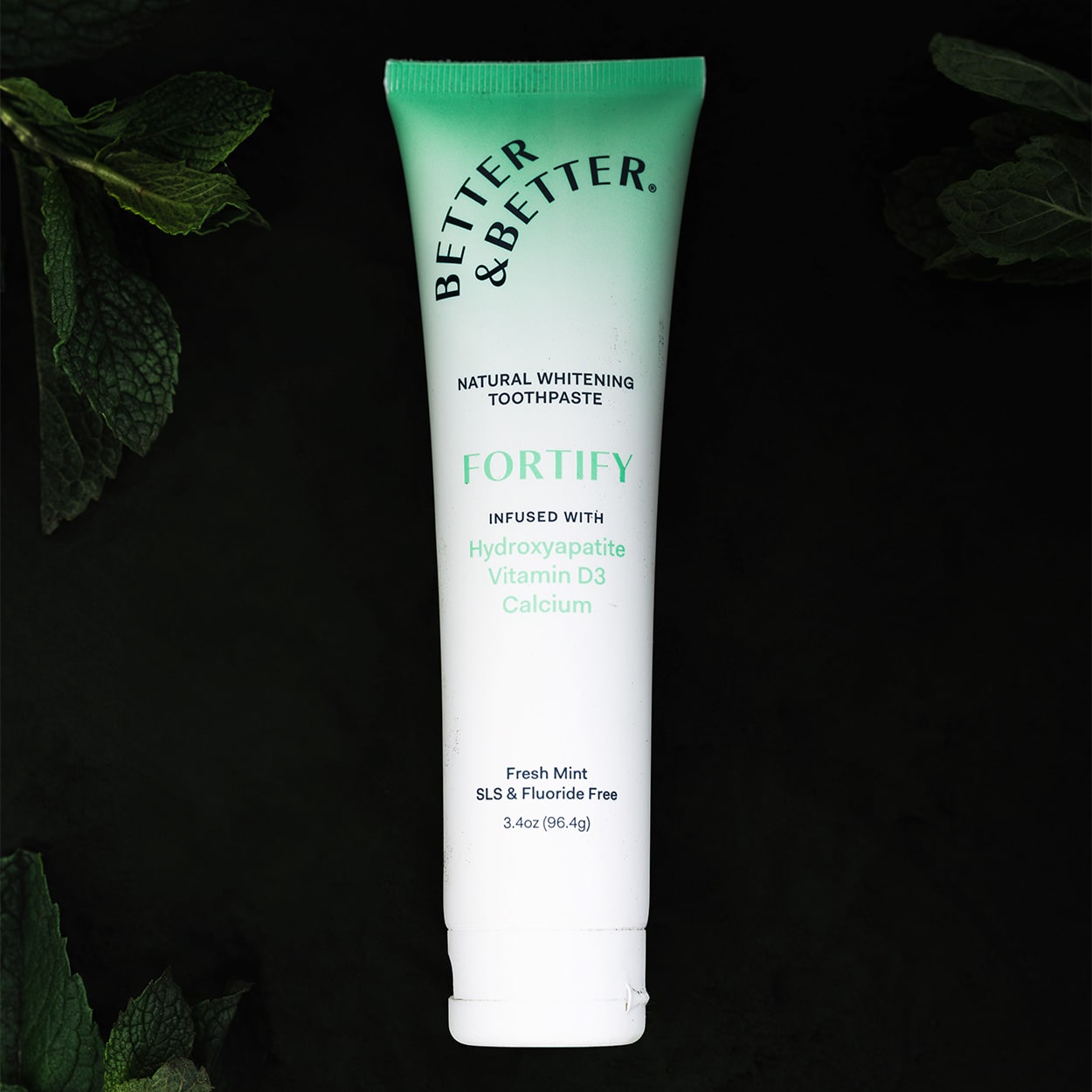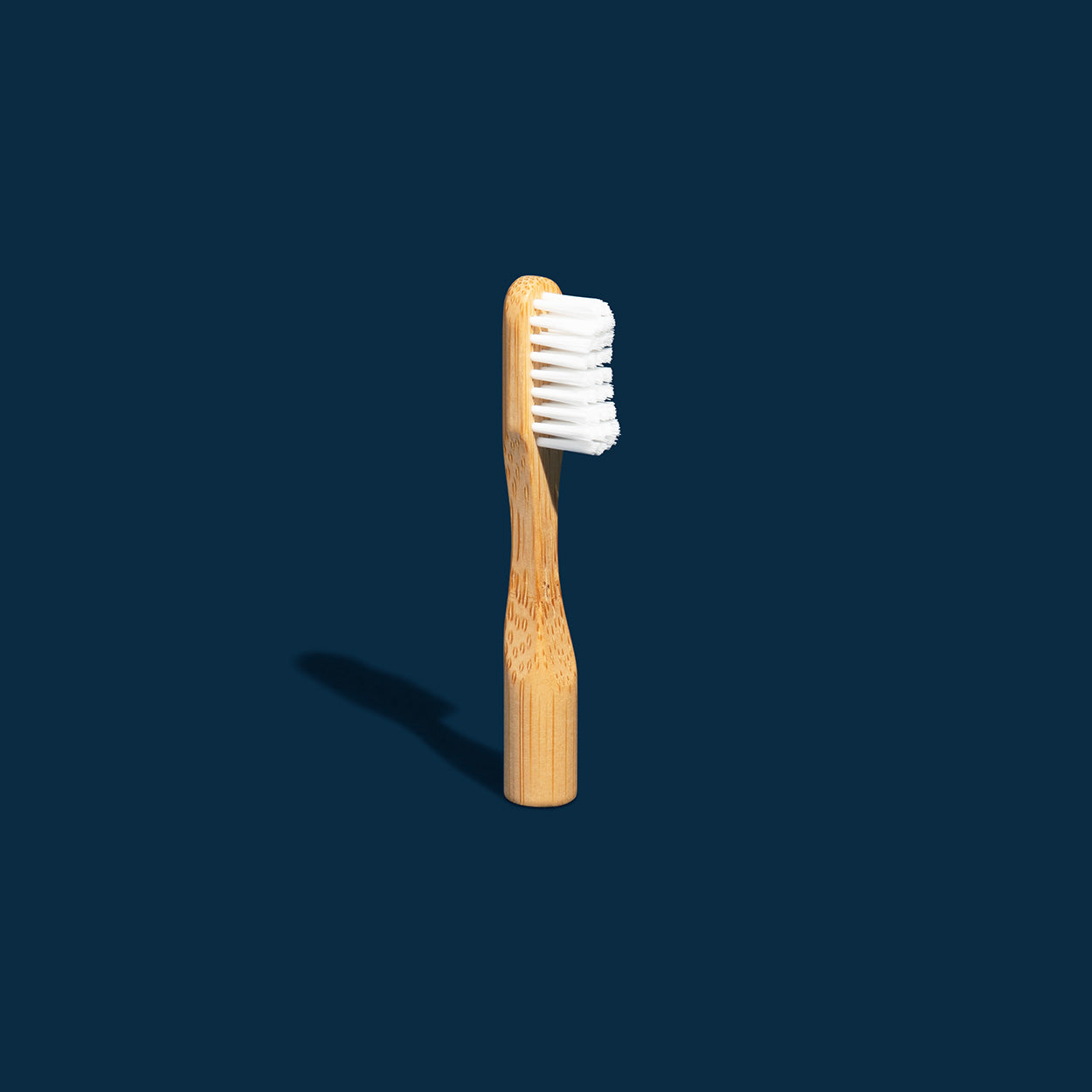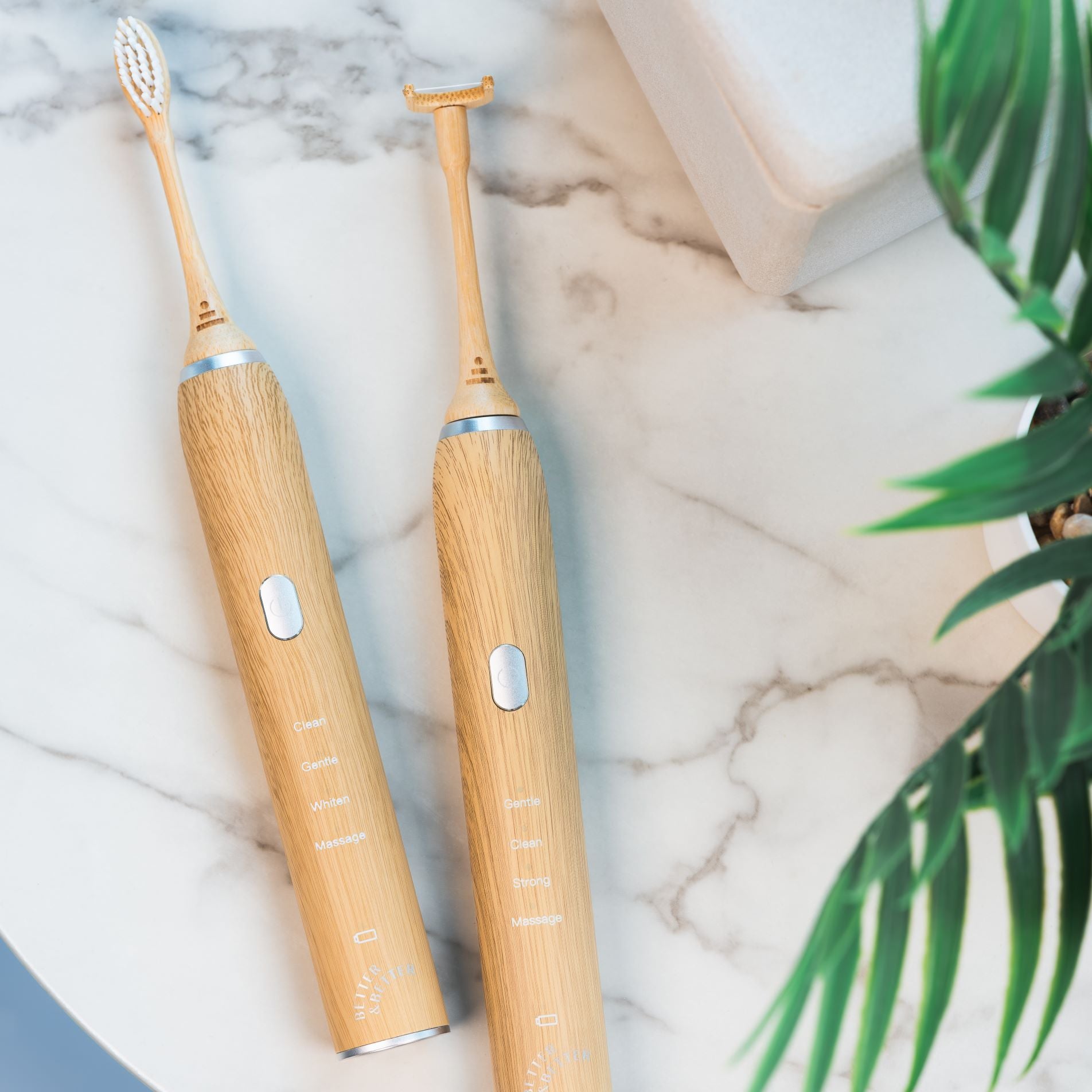When you’re looking to optimize your health, it’s important to know what vitamins your body needs. But have you considered how you take those vitamins?
Since most vitamin supplements you find in stores and online come in the form of pills and gummies, some people assume that’s the best (or only) way to take them. However, that’s not what science suggests.
If you want to maximize your nutrient intake, say hello to sublingual vitamins.
Sublingual vitamins are absorbed under your tongue rather than inside your stomach. That might seem like an odd concept, but research suggests it’s a more efficient way to get the nutrients you need.
In this article, we’ll explain how sublingual vitamins work, why they’re ideal, and how you can work them into your daily habits.
What Are Sublingual Vitamins?
Sublingual means “under the tongue.” Accordingly, sublingual vitamins are absorbed through the capillaries that line the floor of your mouth and the bottom of your tongue (the lingual frenulum.)
Those tissues inside your mouth are highly absorbent, more so than your digestive system. In fact, they absorb up to 90% of the nutrients they come in contact with.
When you take sublingual vitamins, they bypass your gut and go straight into your bloodstream. This allows your body to use them faster and more effectively.
In other words, the sublingual method is a “shortcut” for vitamin intake.
You can take sublingual vitamins as dissolvable tablets, sprays, lozenges, drops, and even toothpaste (more on that later). Sublingual vitamins are quickly becoming popular amongst people of all ages and backgrounds—and for good reason.
3 Reasons Sublingual Vitamins are Better Than Traditional Supplements
Oral vitamins like pills, capsules, and gummies are cheap and easy to make—that’s why they’re so common. But they’re definitely not the best for your body.
Let’s unpack three reasons why sublingual vitamins are better than traditional oral supplements:
1. Sublingual Vitamins Are Easier to Absorb
Your digestive system is pretty impressive, but it’s a different story when it comes to processing vitamin supplements.
When you swallow a vitamin capsule, pill, or gummy, your stomach starts breaking it down before the nutrients make it to your liver. By the time the vitamins are finally released into your bloodstream where your body can use them, you’re left with a fraction of the advertised dose.
Vitamin absorption rates vary widely, but this study found that people who took an oral vitamin B12 supplement only absorbed 2% of the dose.
On the other hand, sublingual vitamins go straight into your bloodstream so your body can use them more efficiently—and there’s data to back that up.
This 2015 study published in Nutrition Journal determined that a vitamin D oral spray produced a significantly higher concentration in the bloodstream compared to gelatin capsules.
Another study published in 2019 even found that sublingual B12 supplements were absorbed better than an intramuscular B12 shot.
2. No Nasty Additives
When you take oral vitamin supplements, you’re probably ingesting a lot more than pure nutrients.
Researchers from Boston University and Harvard found phthalates in numerous dietary supplements. These chemicals are used to coat drugs so stomach acid doesn’t break them down. The tradeoff? Phthalates are potentially toxic.
“Some phthalates…have been identified as causing adverse developmental and reproductive effects in laboratory animals,” the report stated. “Limited human studies have suggested a possible association of [phthalates] with male reproductive health outcomes.”
If you see phrases like “time-release” or “enteric coated” on your supplement label, there’s a good chance phthalates are involved.
Manufacturers also commonly add magnesium stearate to vitamins. This chalky substance prevents capsules from sticking to each other inside the bottle or on assembly lines. That may be helpful for a company’s bottom line. But your body? Not so much.
Repeated exposure to magnesium stearate can irritate your bowels and may even be toxic.
Another common additive to vitamin supplements (especially gummies) is artificial sweeteners. It might seem nice for your vitamins to taste like candy, but chemicals like sorbitol and saccharin have been linked to stomach pain, cancer, and numerous other health hazards.
Some gummy vitamins are actually loaded with real sugar, which certainly isn’t ideal if you’re health-conscious.
Sublingual liquid vitamins are the purest form of vitamin supplements because they don’t require coatings or fillers to deliver the benefits.
3. You Don’t Have to Swallow Pills or Capsules
In addition to the health benefits of sublingual supplements, they’re also more convenient.
Up to 40% of American adults have difficulty swallowing pills, according to a 2018 study. Considering many supplement regimens require multiple pills a day, these folks may be at risk for vitamin deficiencies—all because of an avoidable issue.
Swallowing pills daily can also irritate your esophagus, cause heartburn, and upset your stomach if you don’t take them with food.
With sublingual vitamins, you don’t have to worry about grabbing a glass of water or adding an extra meal to avoid stomach pain. In fact, you can get sublingual vitamins when you brush your teeth.
Our Energy Toothpaste is infused with vitamin D3 and B12, which get absorbed directly into your bloodstream through your mouth every time you brush.
No pills, no swallowing, no nasty additives.
What Vitamins Can You Take Sublingually?
Countless vitamins and minerals come in sublingual forms. You should always take supplements as instructed by the manufacturer or your healthcare provider. But for now, let’s focus on two specific nutrients that are ideal for the sublingual method: vitamin B12 and vitamin D.
Sublingual Vitamin B12
Nearly 40% of people in the US don’t get enough vitamin B12 (AKA cobalamin) which is essential for energy production, red blood cell formation, and a healthy nervous system.
Since this nutrient comes exclusively from animal products like meat, fish, and dairy, it can be especially hard for vegans and vegetarians to sustain healthy B12 levels.
Certain digestive conditions like Crohn’s disease and pernicious anemia can interfere with B12 absorption when it’s taken orally. That’s due to a lack of intrinsic factor: a protein that’s essential for absorbing B12.
Since sublingual B12 is absorbed more efficiently and doesn’t require digestion, it can be a game-changer, especially if you’re at risk for deficiency. Speaking of game-changers, get 100% of your daily B12 intake with our Energy Toothpaste (assuming you brush morning and night).
Sublingual Vitamin D
As people spend more time indoors, vitamin D deficiency is becoming rampant: 42% of American adults don’t get enough, according to Nutrition Research.
Vitamin D supplements are a go-to way to fill that nutritional gap. But as we explained above, pills, capsules, and gummies don’t always deliver on their promises.
Yes, your body produces small amounts of vitamin D when you get sunlight, but you need direct exposure: you can’t get vitamin D through a window.
The solution? Sublingual vitamin D, which is easily absorbed (and easy to get when you brush with our Energy Toothpaste).
Sublingual Vitamins: A Better Way to Get the Nutrients You Need
Taking your vitamins shouldn’t be a tough pill to swallow (pun definitely intended). For years, we’ve been told that pills, capsules, and gummies were the best way to build healthy habits. But as you’ve seen, that’s not the case.
You don’t need to swallow vitamins to reap the benefits. You can brush with them instead! Make some space in that cabinet full of capsules—now your nutrients are in your toothpaste.



